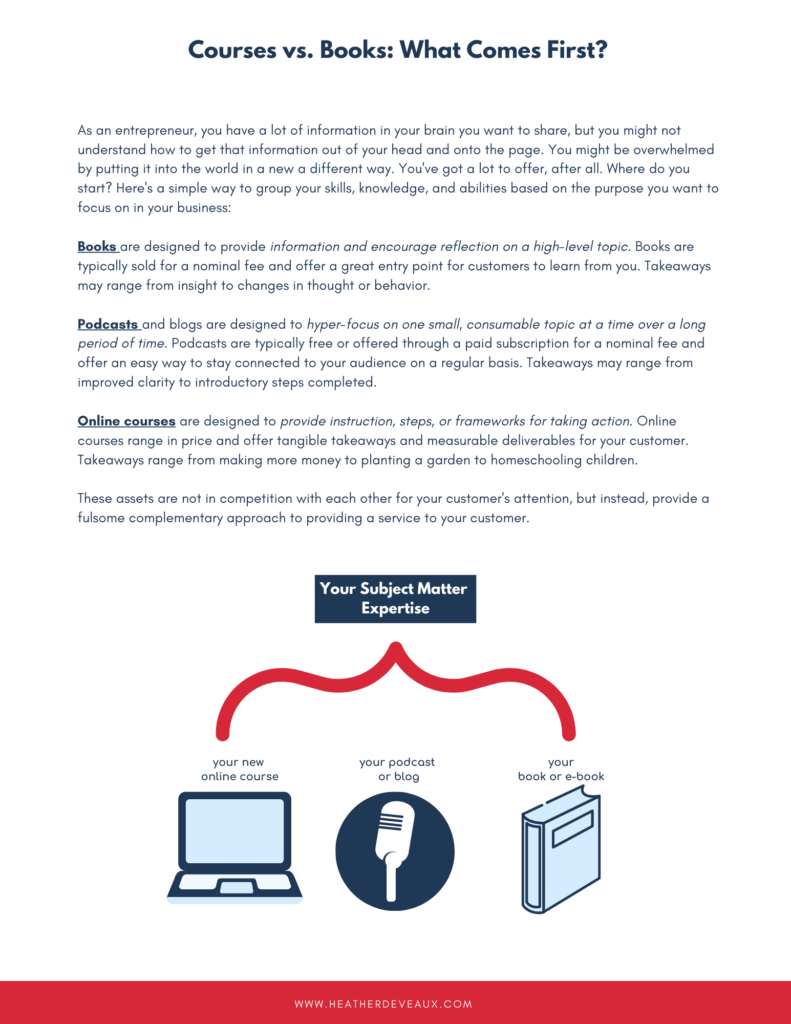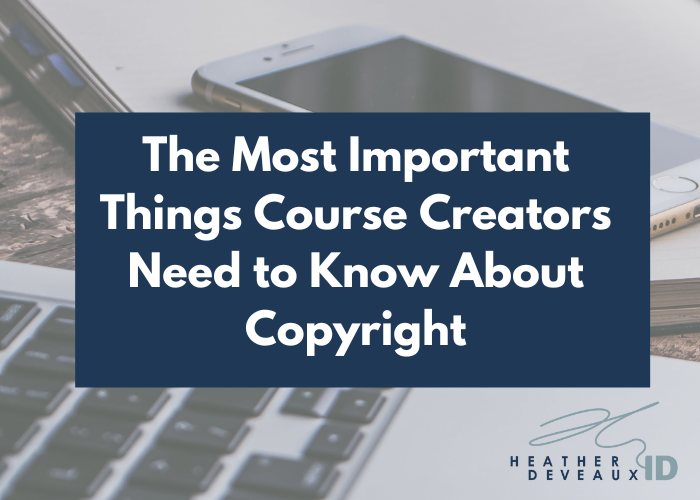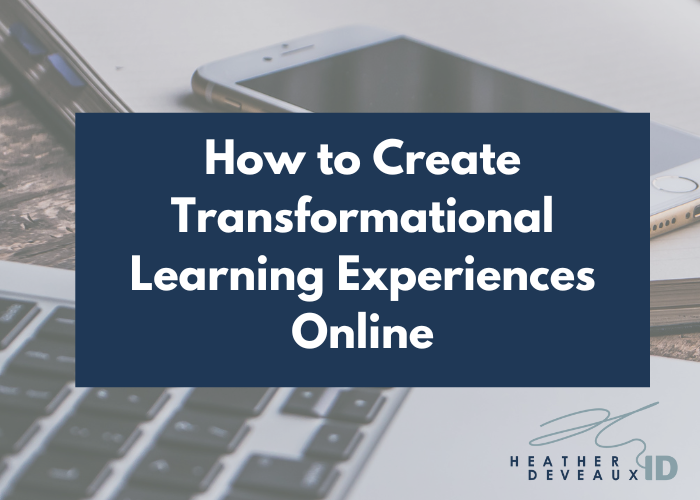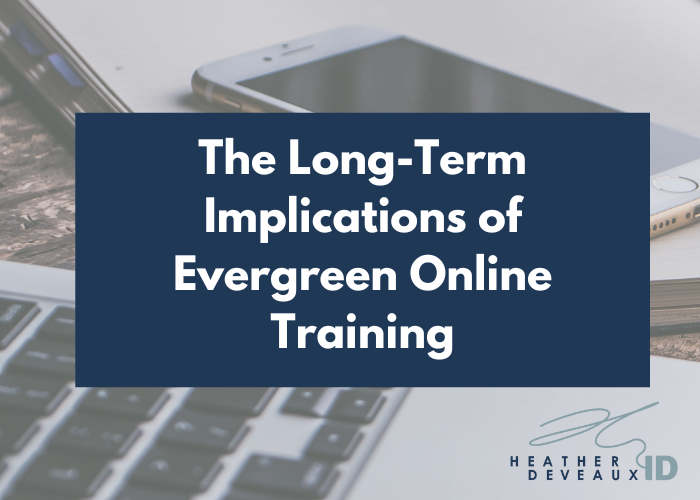A Simple Strategy for Turning Your Book into an Online Course
Turn your book into an online course with by answering one simple question: where’s the action piece?
Many entrepreneurs have big goals to write a book. You might be one of them. But writing a book isn’t a small undertaking. It takes time – sometimes years – to write a book that can make an impact with your audience. And just like creating an online course, if you write the wrong book, nobody wants to buy it. And yet, you’re drawn to creating something with tangible value, like a book, and you’re wondering whether the book should come before the course, or vice versa.
In this article, we’re going to explore what happens when you create the course first. And then we’ll examine what happens when you write the book first. If creating an online course and writing a book are on your to-do list, keep reading.
Book to Course or Course to Book?
The good news is that this question doesn’t have to be a chicken-or-egg situation. That’s because whether you write your book first or create your online course first, you can leverage one to build the other.
When I work with clients to create online courses, whether it’s for educational institutions, private industry, non-profit or business education, clients often ask about a book. Books and courses seem like a package deal. After all, don’t you need a book for your course? Not necessarily. Let’s treat them as individual opportunities to create learning for your audience for now.

The 3-Point Plan for Building Your Authority
Let’s back up here a minute. When we talk about entrepreneurs creating online courses, what we’re really talking about is creating a digital asset they can use to make an impact, reach more people, and help transform lives.
Books also do this. You know what else helps transform lives? Podcasts, blogs, articles, research papers, interviews…the list goes on and on. So when you think about whether or not you want to create a course or write a book, consider the third option as well: the high-level asset.
An online course is all about teaching people how to take action. So when you work with me to create an online course for your organization or your customers, we focus on action. When you feel the urge to teach something just to teach it, but you can’t attach action to it, that information belongs in a book. Books are great for providing theory, and building on the foundation of why someone should take action, but not all books (I’m talking non-fiction here) need to have a tangible takeaway.
Books can create feelings, stir thoughts, and provide you with a different perspective than you had yesterday. Courses are meant to drive you into action, to build momentum and ultimately, a good course will allow you to become more skilled or develop a new skill by the time the course is over.
But what about all those other ideas? The stuff that helps form the book or the course? The ideas you have about your ideas? That stuff is useful too, but it doesn’t belong in a course or a book. That’s where the podcast or blog comes in. And I’m talking specifically to business owners here. These are not marketing tools. They are assets to help you educate your audience.
Let’s recap then:
Courses: drive action
Books: provoke thought
Podcasts/Blogs: provide supporting ideas

How Does All of This Content Fit Together to Teach People New Things?
What this means is that when you’re creating an online course by yourself or with me, you need to ask this question, “does this information drive action?” And if not, it probably belongs in your book, or on your podcast. I call this leftover information, “the cutting room floor.” It’s not nothing. But it’s not course material. So we’ll repurpose it into a book.
If you’ve already written your book (bravo!), and you’re wondering how you turn it into an online course, the opposite becomes true and you ask another form of the same question. How do you take what’s in your book and turn it into action steps?
By using your book as an outline for your course (which is the easiest way to start) you are able to filter through the theory and foundational work and ask yourself, “what action do I want people to take from this?” and we get to work building activities and outcomes based on those theories and foundations.
The Order Doesn’t Matter When it Comes to Creating Books and Courses
In the end, it doesn’t matter if you create a course or write a book first. What matters is that you actually talk to the people who might buy your course or read your book and find out what they need right now. Maybe they don’t need action right now.
Maybe what they need is to change their perspective, to develop a new lens through which they make decisions. Easy, the book comes first.
Or perhaps what they need is to give themselves a kick in the butt to take action. In this case, the course comes first. But whatever you end up creating, just know that there is room for both, at different times, to serve different purposes.
And under no circumstances should you create a course or write a book because you think it’s what your audience or customers want without talking to them first. You’ll find yourself complaining about wasted time, energy, and money when nobody buys your course or your book.
What does the market need right now? And how can you help them? Because books and courses aren’t marketing tools, despite what the marketing industry might have you believe. They are teaching tools and when designed properly, they create opportunities for learning that people just can’t get anywhere else.
Share Your Ideas, Create Impact and Transform Lives with What You Know
If you’re thinking about writing a book and you want to turn it into a course, let’s chat about what your audience needs first. Assumptions are fun to make and it feels good to think you’re right but it’s much more productive and profitable if you do your homework about what is needed right now first.
As someone who has worked with many clients to create both courses and ghostwrite books, I know how important it is to know who you’re talking to and why. Otherwise, it’s just noise. And everyone hates noise.






